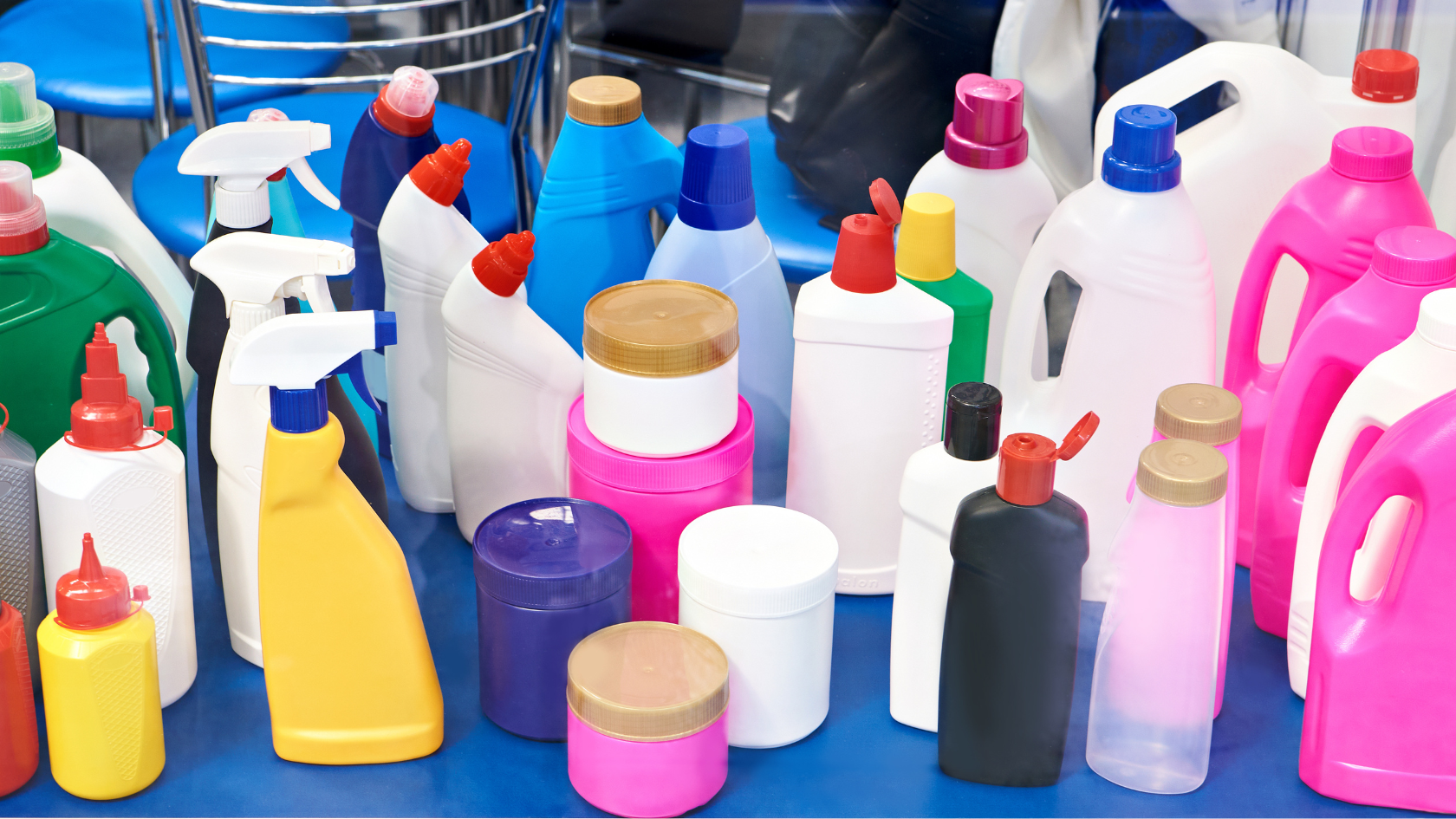
Our homes and workplaces are full of chemicals. They come in various forms, including gases, mists, aerosols, liquids and solids. We use them to clean, kill, fertilize and grow things. And they come with built-in hazards. They are flammable, explosive, toxic and corrosive. These hazards can impact our safety, health and environment.
No matter how hard we try, we cannot escape using chemicals in our modern world. Fortunately, most of them are safe to use in their normal state. But they become dangerous when overheated, such as under fire conditions. Other chemicals are inherently dangerous, and can cause acute and chronic reactions oncontact.
Chemical exposures can sometimes result in breathing difficulties, intestinal cramps, diarrhea, skin irritation, blurred vision, headaches, dizziness and loss of coordination.
Chemical Safety Tips
With all the chemicals in use today, you need to know how to use and store them safely. Here are eight chemical safety tips to follow:
- Purchase only the amount of chemicals you intend to use right away. Buying in bulk may be cheaper, but leftovers in storage can create problems of their own.
- Keep chemicals out of the reach of children and pets. Pesticides, for example, are made to bait the creature you want to eliminate. Your pets or children could be attracted to their smell or taste.
- Do not store chemicals in hot environments, like a small shed or uninsulated garage. Many of these chemicals are heat-sensitive. They can emit explosive vapors. Liquid chemicals can expand, leak and contaminate other stored items. Those same vapors or spilled liquids can cause breathing issues if they’re inhaled, or damage the skin and eyes if they make contact.
- Keep chemicals in their original containers if you must store them. This ensures you know which chemicals are in each container. The original labels also provide instructions for use and accidental exposures.
- Follow the label’s instructions for the proper amount to use. Using more than the recommended amount does not make the product more effective. But it may cause greater hazards to you or the environment. Runoff can cause groundwater contamination, affecting wildlife, pets and neighbors.
- Wear personal protective equipment. This keeps powders, sprays, mists and spillage off you and your clothes.
- Clean up spills quickly. Allowing chemicals to remain on the ground or on a surface is risky. If a spilled chemical mixes with another type of chemical that is incompatible, it could result in a fire or toxic vapors.
- Do not reuse chemical containers for other substances. And never use them for food storage, no matter how well they’ve been cleaned.
Contact Your Broker
You can use chemicals safely if you know what the hazards are and take the proper precautions. Contact your broker if you have questions about how chemical safety practices relate to your coverage.
This content is for informational purposes only and not for the purpose of providing, financial, medical or legal advice. You should contact your attorney, doctor, broker or advisor to obtain advice with respect to any particular issue or problem.


